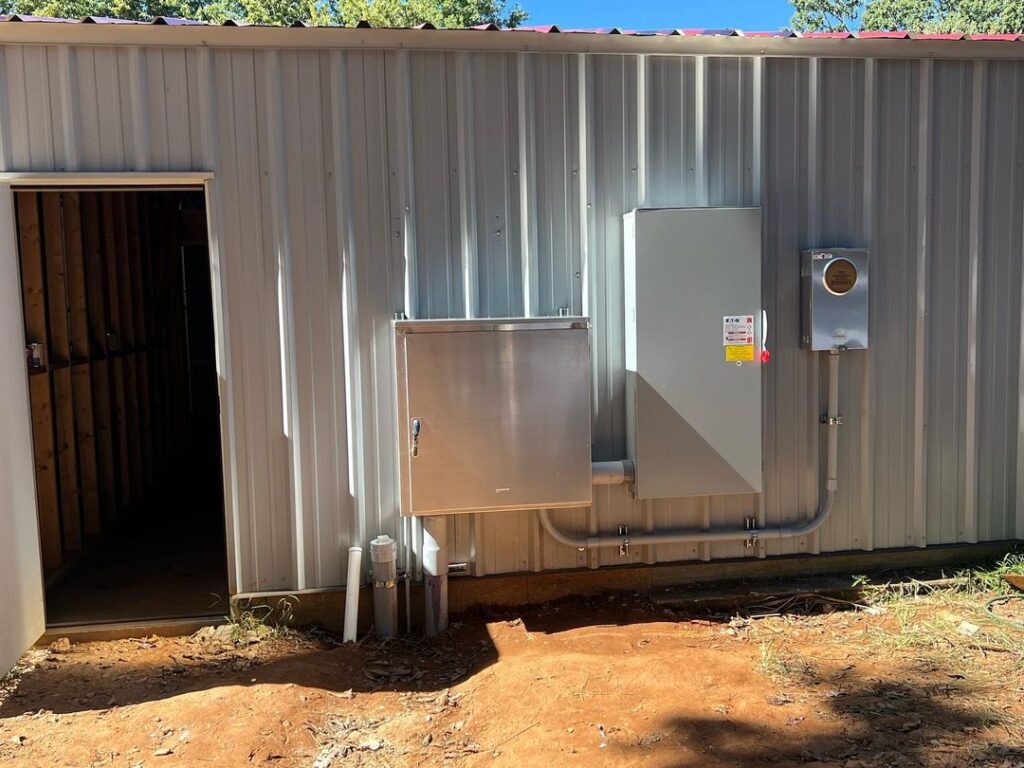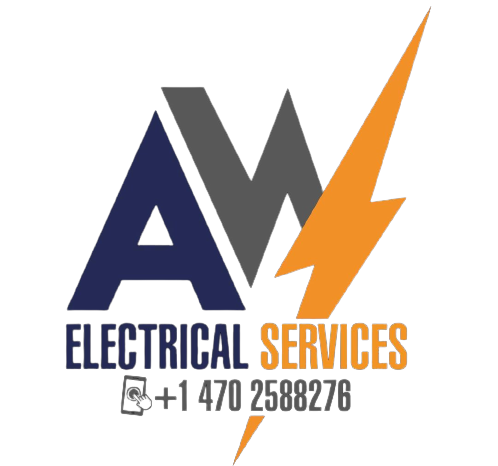Commercial electrical installations in Atlanta, Georgia

When it comes to commercial electrical installations, there are several critical components that must be taken into account. From lighting and power to safety and energy efficiency, a well-designed and properly installed electrical system is essential for any commercial operation. In this article, we'll explore some of the key points to consider when designing and installing a commercial electrical system.
- Adequate power supply
One of the most critical components of a commercial electrical system is adequate power supply. A commercial operation requires a significant amount of power to operate all of its electrical equipment and devices, including lighting, heating, ventilation, air conditioning, and more. A well-designed electrical system must be able to supply enough power to meet the needs of the operation, without overloading the electrical system or causing power outages.
- Lighting design
Lighting is an essential component of any commercial operation. Proper lighting design can enhance productivity, safety, and energy efficiency. A well-designed lighting system must take into account the size and layout of the space, as well as the specific needs of the operation. Energy-efficient lighting options, such as LED lighting, can help reduce energy costs and promote sustainability.
- Safety and code compliance
Commercial electrical installations must comply with safety regulations and electrical codes. Electrical safety is critical to prevent electrical hazards and ensure the safety of workers and customers. A commercial operation must work with licensed and experienced electrical contractors to ensure that the electrical system is properly designed and installed, and that it meets all safety and code requirements.
- Energy efficiency
Energy efficiency is becoming increasingly important for commercial operations. An energy-efficient electrical system can help reduce energy costs and promote sustainability. Energy-efficient options, such as LED lighting, energy-efficient appliances, and programmable thermostats, can help reduce energy consumption and lower utility bills.
- Maintenance and inspections
Finally, commercial electrical systems require regular maintenance and inspections to ensure that they continue to operate effectively and safely. Regular inspections can identify potential problems before they become serious and costly. Scheduled maintenance, such as cleaning, testing, and calibration, can help keep the electrical system in good working order and prevent equipment failures and breakdowns.
In conclusion, a well-designed and properly installed commercial electrical system is critical for the success of any commercial operation. Adequate power supply, lighting design, safety and code compliance, energy efficiency, and maintenance and inspections are all key components of a successful commercial electrical installation. By working with experienced and licensed electrical contractors, commercial operations can ensure that their electrical system meets their specific needs and operates safely, efficiently, and effectively.

Leave a Reply